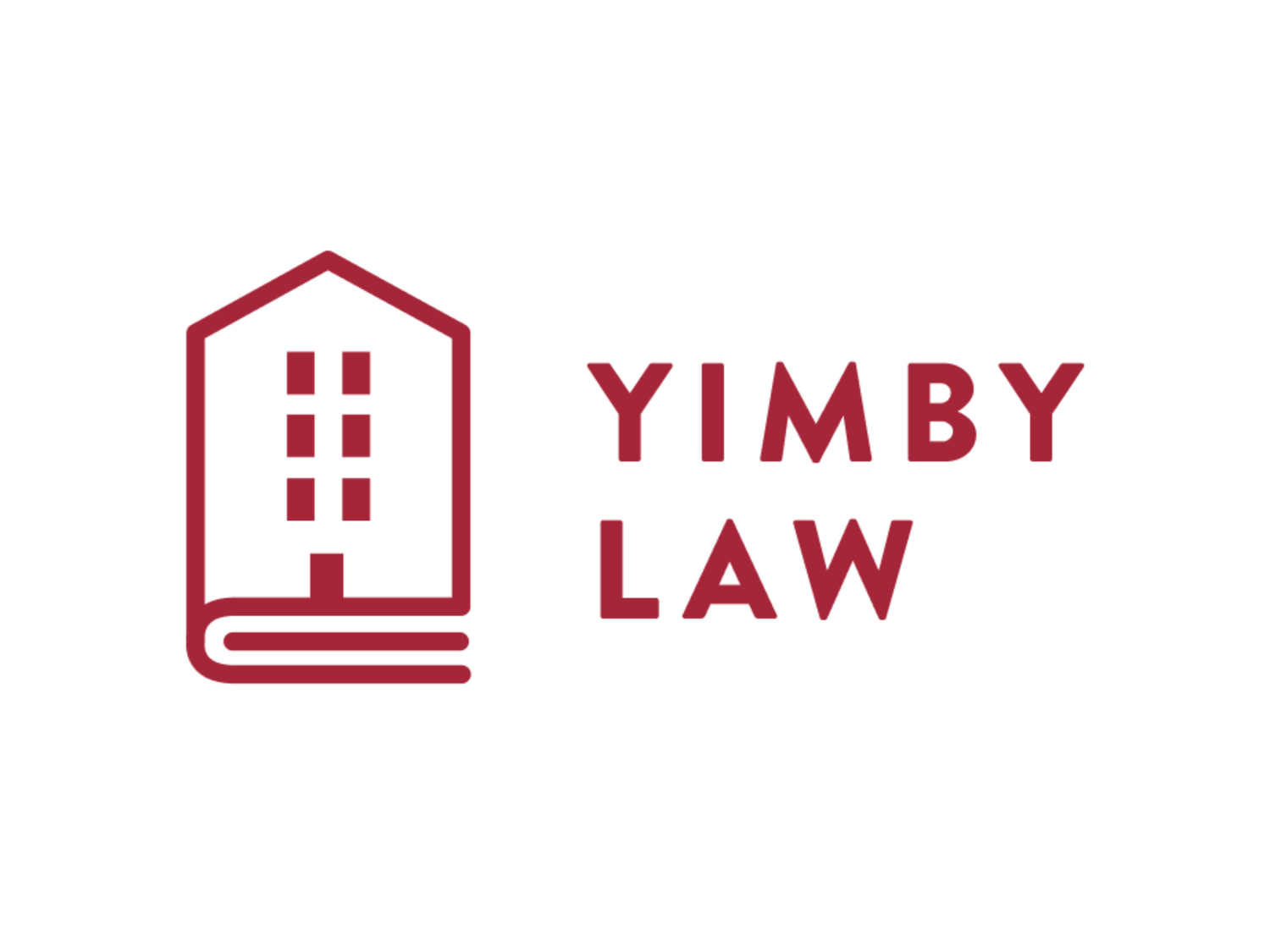Earth Wins! Transit Oriented Zoning is preserved in Chico
/In 2011 the City of Chico passed earth friendly transit oriented zoning. Chico’s Corridor Opportunity Sites (COS) zoning overlay was an attempt by the city of Chico to encourage higher density development along high quality transit corridors and in their downtown. This is part of a broader strategy on the part of the city to try to grow more dense and reduce sprawl.
Recently, for only the 2nd time since the COS zoning was passed, a developer actually tried to build new student housing using the COS overlay. This, coupled with the pending enactment of SB 330, sent the Chico planning department into a mild panic.
The planning department proposed changes to the COS overlay that would have decreased permitted density from 70 units/acre to 30 units/acre and reduced allowed height from 65 feet to 45 feet.
The process of formulating and bringing this ordinance to a vote was rushed by the Planning Department staff because they hoped to get the downzoning passed and enacted prior to January 1st 2020 when SB 330 will take effect and preempt local attempts to reduce density. The planning staff also wanted to codify subjective design standards in the city code as SB 330 may also preempt these standards.
YIMBY Law submitted comments to the effect that the California Environmental Quality Act (CEQA) requires that cities do an Environmental Impact Report to study the environmental impacts of reducing allowed density near transit. You can read more about this in our previous post here.
The proposed downzoning sailed through the Chico Planning Commission on October 18th and was forwarded to the City Council. However, on November 5th the Chico City Council decided to take no action on the item, guaranteeing that it will not be passed in time to take effect before SB 330 preempts these sorts of actions.
At the City Council hearing, public commenters and City Council Members pushed back on the Planning Department’s assertions that this law is necessary going forward. In particular, City Council Members were unconvinced by planners’ assertion that the amendments would not reduce the density of new projects in the COS overlay. Additionally, planners’ fears of aesthetically unpleasant buildings seem to have been unconvincing to the public or the City Council.
Several speakers specifically stated that they liked the COS overlay as it was formulated in the General Plan, and that it should not be undermined. Other speakers explicitly stated their desire for the city of Chico to increase density to avoid sprawl. In the end, the Council decided to simply not act on the zoning modifications, ensuring that they will not be enacted prior to the end of this year.
We at YIMBY Law view this as a definite success. It vindicates the intention behind our model and the activism of our fellow YIMBYs. We were able to flag this issue when it came before the Planning Commission and effectively communicate to City Council Members, the legal stakes of the proposed measure. We were prepared to initiate legal action if necessary to force the city of Chico to do their due diligence and adequately study the impacts of the proposed zoning changes. This turned out to not be necessary as we were able to bring this issue to the attention of activists at YIMBY Action. They, in turn, were able to put political pressure on the City Council Members and help to get this measure killed.
While time is certainly running out for cities looking to get around the effects of SB 330’s imminent enactment, this case in Chico can be seen as a preview of the fights that are likely to take center stage in the next few years. The Housing Accountability Act, SB 35, RHNA reforms, ADU laws, and a host of other state efforts are gradually reducing the amount of discretion that local governments can exercise in relation to housing projects. More and more, cities will have to make and stick to objective rules for where housing can be built and the shape it can take. The necessity for vigilance on our part is greater than ever as we need to ensure that the laws that have been passed are enforced effectively.

